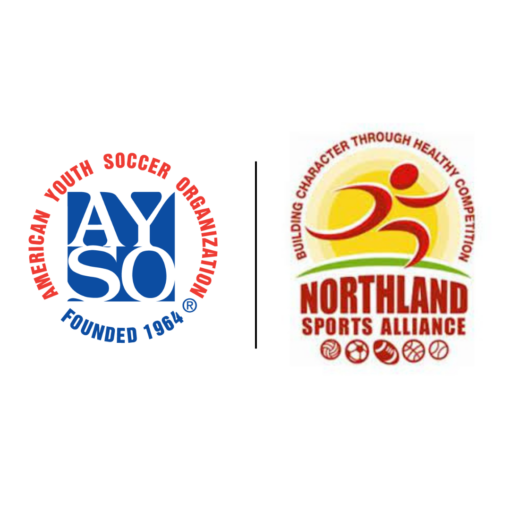AYSO National Player Programs Manager Andy Price details the six vital skills youth players gain from playing soccer.
Why does playing soccer matter? Is it just to be fit? To try to make it professionally? Ask any tenured coach or player and they’ll tell you that it is much deeper than that. “There are levels to the game,” they might say. Truth is, there are levels to the game, and each one provides an added benefit to your child’s quality of life.
There is certainly much more to playing soccer than chasing the dream of becoming a professional player. It’s okay to dream big and follow your passion, but it’s also important for both players and parents to understand the additional benefits of playing soccer. You will learn so many life skills indirectly from participating and playing soccer, skills that will be important as you grow and progress from school to college and into your professional career. These are often the things that are overlooked in place of “how many goals did you score?” or, “how many games did we win?”
Respect – Respecting yourself, your teammates, coaches, referees and parents. This is not something that is taught, but something that must be earned. In order to get respect, you must first give it. Treating your teammates kindly and being a good role model will earn respect on and off the field. Showing up to practices on time, ready to go, shows that you care and respect your coaches.
 Good Sportsmanship – You are not going to win every game, and that’s okay! The greatest players in the world have lost games too. After a tough loss, be supportive of your teammates and congratulate the other team.
Good Sportsmanship – You are not going to win every game, and that’s okay! The greatest players in the world have lost games too. After a tough loss, be supportive of your teammates and congratulate the other team.
Leadership – In team sports such as soccer, coaches will constantly be looking for the traits of a good leader. The ones that can help motivate your team to never give up, even when you’re down 2-1 with 5 minutes to go. Soccer allows you to sharpen your leadership skills and apply that knowledge to the classroom. Suddenly, when that next group project is due at school, it becomes a lot less daunting of a task because of the skills you picked up on the soccer field.
Organization – Soccer requires you to be on top of your game, both literally and physically. Are you getting enough of the right food? Are you getting enough sleep? Can you balance your games, your practices and your schoolwork and still have time to just be a kid? You learn how to schedule out your day (with the help of your parents), so you can eat, get to class on time, study, do your homework and not be late to that important practice or game.
Accountability – Playing soccer, you are held to a standard by both your coaches and your teammates. You are expected to give 110% during practices and games and do everything that you can to reach your highest potential. This is very important when working with others in a group or team setting because it will show your peers that they can trust and rely on you to do your part in being successful.
 Communication – Communication is the key to playing soccer. You cannot score that winning goal unless you communicate that you are wide open at the back post, or help organize your defense to defend a corner in the last minute of a game. On the field, it can help the shyest of kids interact and socialize with their teammates and help you feel more confident during a class presentations. Again, a valuable skill that will be with you throughout your life.
Communication – Communication is the key to playing soccer. You cannot score that winning goal unless you communicate that you are wide open at the back post, or help organize your defense to defend a corner in the last minute of a game. On the field, it can help the shyest of kids interact and socialize with their teammates and help you feel more confident during a class presentations. Again, a valuable skill that will be with you throughout your life.
























